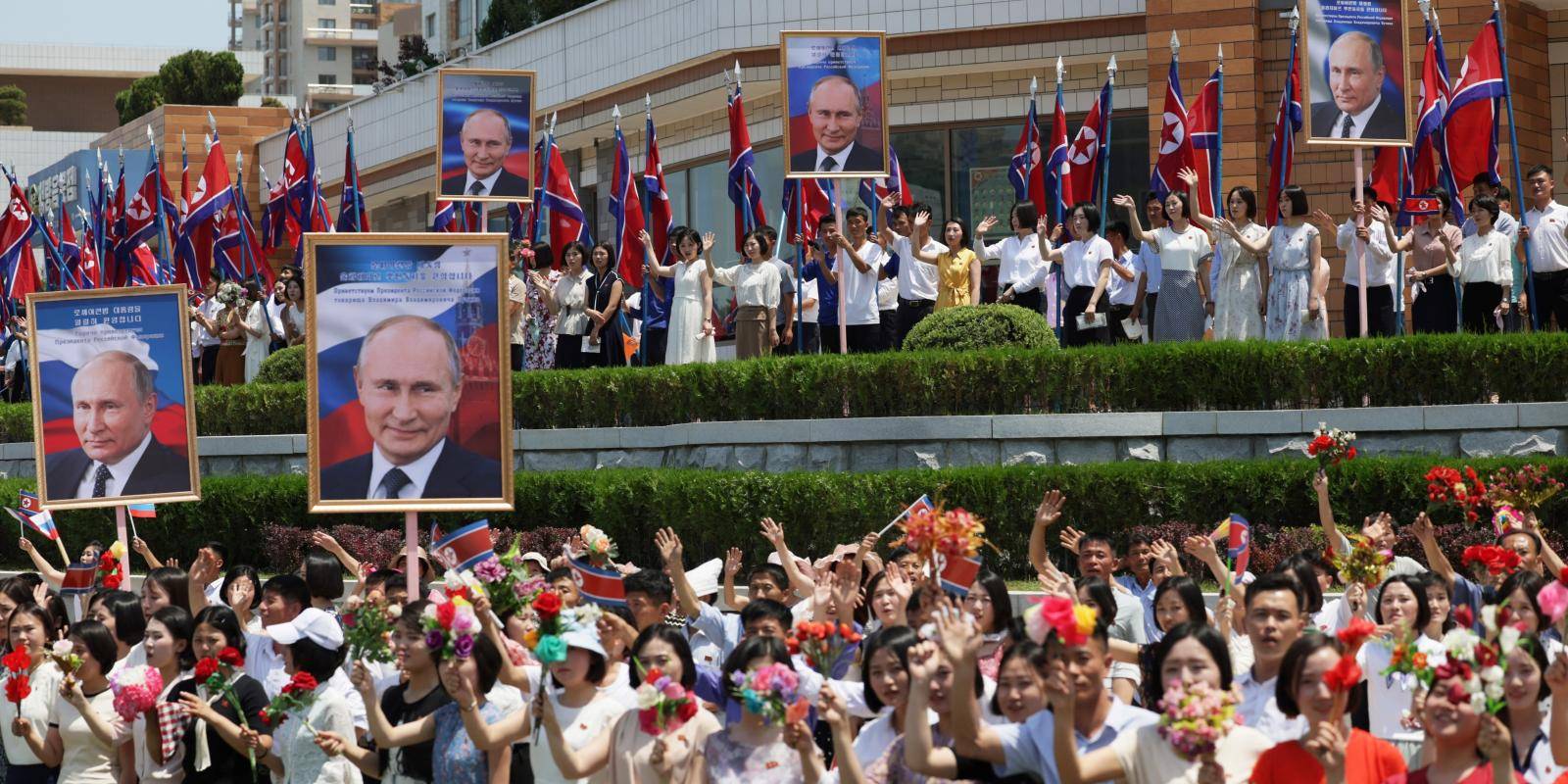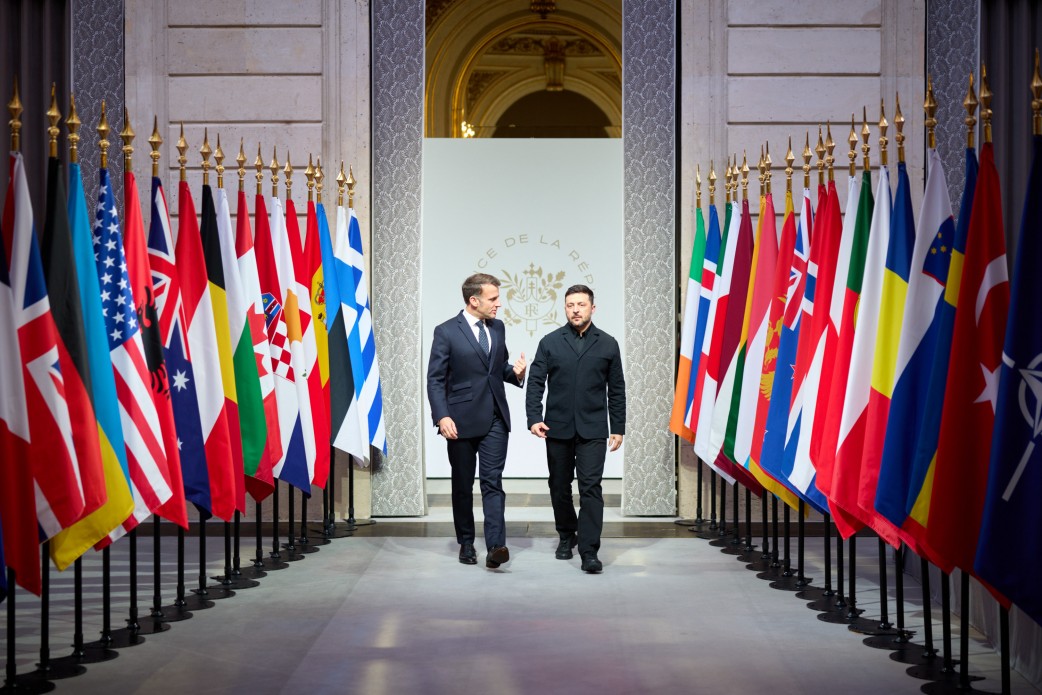Main image: Crowds greet a motorcade carrying North Korean supreme leader Kim Jong Un and Russian president Vladimir Putin in Pyongyang, 19 June 2024. Photo credit: Copyright © Gavriil Grigorov/Pool/AFP via Getty Images.
The partnership between Russia and North Korea undermines the UN Security Council's ability to act as the central institution for global security. The risks to the world from the Moscow-Pyongyang alliance are examined by Edward Howell in his paper for London's Chatham House – the Royal Institute of International Affairs.
The author notes that the Kim Jong-un regime, in collaboration with Russia for the war against Ukraine, pursues two key goals: enhancing North Korea’s nuclear and missile capabilities, and strengthening control over its population by establishing a “self-perceived status of a full-fledged nuclear state.”
At the same time, North Korea’s turn towards Russia increases the military threat posed by the Kim Jong-un regime to countries in the Indo-Pacific region. Moreover, should Pyongyang acquire modern Russian military and missile technologies, it could use them to provoke South Korea and the United States.
This highlights the need for strengthened bilateral and trilateral security cooperation between the United States, Japan, and South Korea in response to potential threats from the North Korean dictatorship.
Seoul has already responded to the intensification of cooperation between the Putin and Kim regimes, “reducing the risk” to its trade by diversifying imports from China. For example, in December 2023, South Korea’s exports to the United States surpassed its exports to China for the first time in nearly 20 years.
Chatham House’s research emphasizes that the strategic partnership between Moscow and Pyongyang poses a threat to the global community, increasing the potential for regional conflicts and undermining the international order.






















